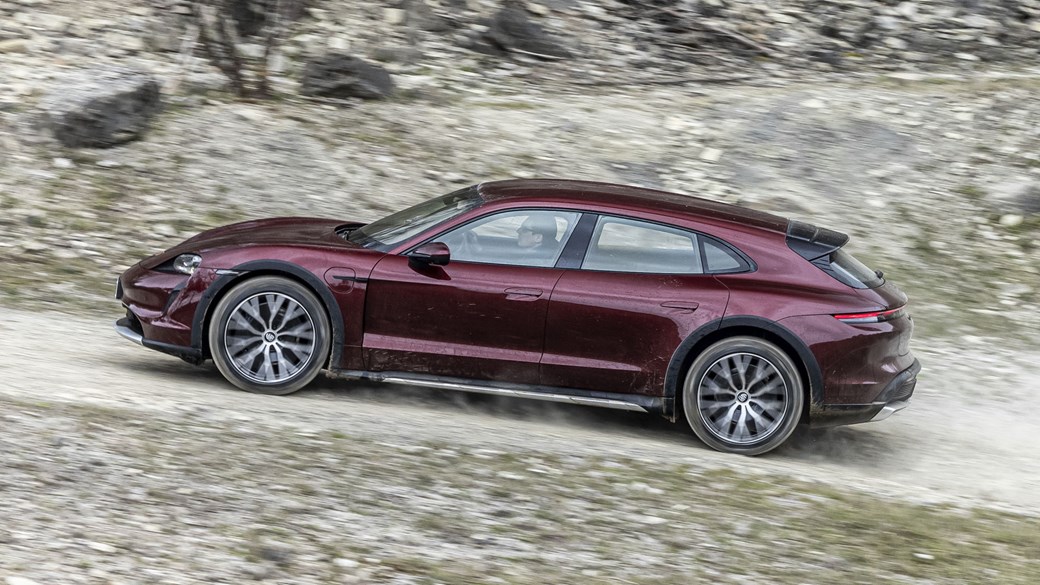In July, electric car registrations in Germany fell by nearly 37 percent compared to the same month last year. Across Europe, electric vehicles (EVs) have lost market share due to factors including manufacturers’ model policies and government actions.

The growth of electromobility in the European Union has significantly stalled. July saw a decrease of 11 percent in new EV registrations across the EU compared to the previous year, with Germany experiencing an even sharper decline of nearly 37 percent. The ACEA, the European automobile manufacturers’ association, reported falling sales figures in twelve countries.
Falling market share
Overall, the number of new cars registered in the EU increased slightly by 0.2 percent to 852,051 vehicles compared to the previous year. However, the market share of electric cars among new registrations decreased from 13.5 percent to 12.1 percent. Cars powered by fossil fuels saw a slightly reduced market share of 46 percent, while hybrid models gained significantly, reaching 32 percent.
Price is a decisive factor
According to EY mobility expert Constantin Gall, the main barrier to the wider adoption of electric cars is their high price. In countries with substantial government subsidies, sales of EVs are performing well. However, in regions lacking such support, consumers tend to opt for cheaper combustion engine vehicles.
Government subsidies are crucial
Germany serves as a prime example: the end of the environmental bonus has severely dampened EV sales. Globally, EVs only perform well in countries with significant government incentives. Scandinavian countries, such as Denmark and Sweden, have high EV market shares—52 percent and 34 percent respectively. The Benelux countries also show strong demand due to government subsidies, with Belgium, the Netherlands, and Luxembourg achieving market shares around 30 percent.
EVs remain a niche in Eastern Europe
In most other EU countries, electric vehicles remain a niche product. “In 15 EU countries, the market share of electric cars was below ten percent in July,” emphasizes Gall. Germany’s market share is just 13 percent. In Eastern and Southeastern Europe, EVs are still a rare sight, with a market share of only 4.3 percent. “The market shares are minimal, and there is little indication that this will change in the near future,” Gall notes.
Waiting for cheaper EVs
The weak market performance for electric cars presents significant challenges for the industry. Car manufacturers will need to adjust their ambitious EV targets and extend the coexistence of combustion engines and EVs, which is expected to be costly. Gall predicts that improvements will likely occur only in the medium term: “When cheaper electric cars become available, new customer segments can be tapped into.”








